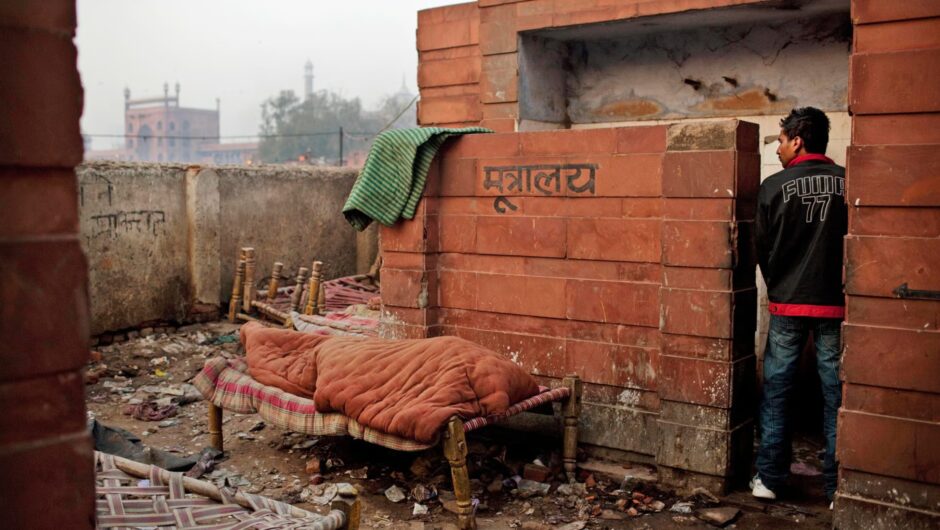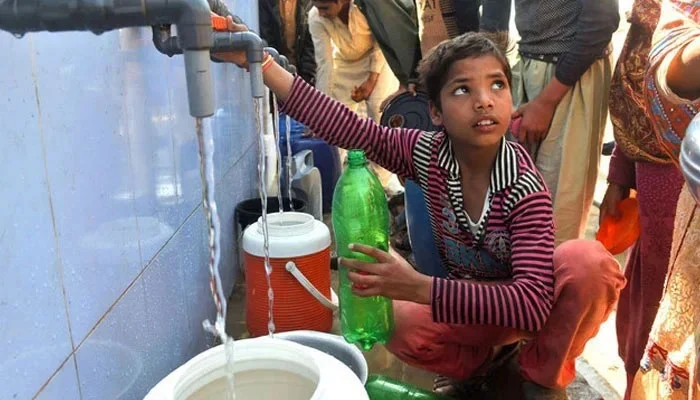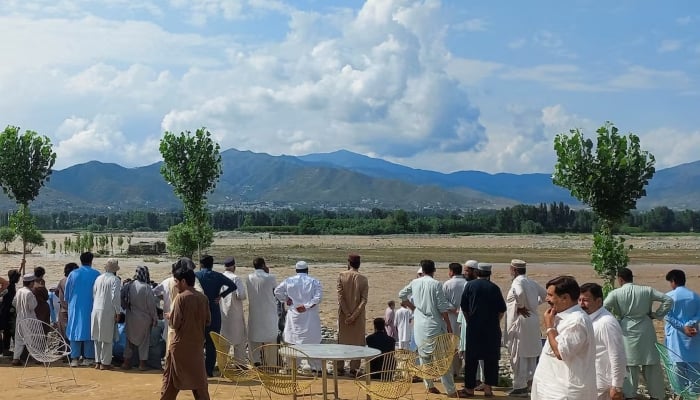In a major development for workers’ rights and labor policy reform in Pakistan, the National Industrial Relations Commission (NIRC), in collaboration with the International Labour Organization (ILO), is set to host a landmark Labour Day conference tomorrow. The high-profile event will bring together labor leaders, government officials, industry representatives, and international experts to discuss critical issues affecting workers across the country and to explore pathways for improving labor standards in line with international commitments.
The conference, scheduled to be held in Islamabad on May 1 — International Labour Day — is expected to mark a significant step toward revitalizing Pakistan’s labor policy framework. With a theme focused on “Decent Work and Social Justice for All,” the gathering aims to foster inclusive dialogue on workers’ rights, fair wages, workplace safety, and the need for stronger labor institutions in the wake of ongoing economic and social challenges.
A Collaborative Effort for Change : NIRC
The NIRC, a key quasi-judicial body that oversees industrial relations and adjudicates disputes between employers and workers, is taking the lead in organizing this conference for the first time at this scale. Partnering with the ILO, a United Nations agency dedicated to promoting social justice and internationally recognized labor standards, adds significant global weight to the initiative.
According to a statement by the NIRC Chairman, “This conference is not just symbolic. It is a platform to initiate real dialogue, assess the challenges facing Pakistani workers, and commit to practical solutions that enhance labor protections across all sectors.”
The ILO’s Country Director for Pakistan is also expected to address the conference, emphasizing the importance of aligning Pakistan’s labor laws and practices with ILO conventions, many of which the country has already ratified.
Key Topics on the Agenda
The conference will address a range of pressing topics including:
- Minimum wage enforcement and its impact on workers’ quality of life.
- Social protection schemes, particularly for informal and unregistered workers.
- The role of trade unions in collective bargaining and ensuring fair labor practices.
- Gender equality in the workplace, especially in industrial and agricultural sectors.
- Child labor and bonded labor eradication, which continue to challenge progress in some parts of the country.
Special sessions will be held on labor rights in the digital economy and the rise of gig work, with discussions on how to bring platform workers—such as ride-hailing drivers and delivery personnel—under the umbrella of legal protections and benefits.
Participation and Representation : NIRC
More than 200 participants are expected to attend, including representatives from federal and provincial labor departments, employer associations, civil society organizations, and trade union federations. The presence of international delegates from the ILO and neighboring countries adds a comparative dimension, offering insights into best practices and regional collaboration opportunities.
In a notable gesture of inclusiveness, the NIRC has also invited women trade union leaders and workers from the informal economy to share their experiences and challenges. This is aimed at giving voice to historically underrepresented segments of the labor force.
Looking Toward Reform : NIRC
The outcomes of the conference are expected to feed into national labor policy discussions and legislative reforms currently under consideration. The Ministry of Overseas Pakistanis and Human Resource Development has indicated its support for using the conference recommendations to guide updates to outdated labor laws, many of which were formulated decades ago.
Analysts see this as a crucial opportunity for Pakistan to modernize its labor landscape amid shifting economic dynamics, especially as it seeks to attract foreign investment and meet international trade standards.
As the world observes International Labour Day, Pakistan’s decision to hold such a significant conference sends a strong signal of its intent to uplift its labor force and align more closely with global labor norms. Whether this conference will translate into lasting change will depend on the follow-up and implementation of its outcomes—but for now, it offers a hopeful platform for reform.
Topics #featured #Pakistan #trending pakistan




